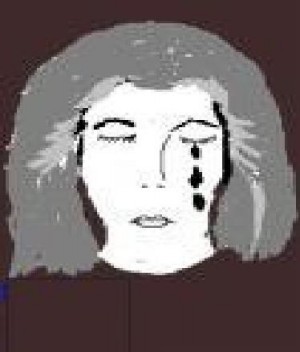Feeling Grief Over Displacement
During the 1960s, about 23,000 residents were displaced from Southwest to make room for urban renewal. Old, decaying housing was demolished to make way for new apartments for middle and upper income families, with some public housing units included.
Five years later, researchers asked: what happened to those thousands of poor residents who left? Sociology In My Neighborhood points us to the study, which focused in on 98 families who, unlike the majority of those who were evicted, did receive help relocating. These 98 families reported, five years after they left Southwest, living in housing physically better than where they used to live, but:
For those interviewed, poverty continued… and they then suffered “from another set of problems created by their removal from what was once their homes” because they lost not only their homes but also “a functioning social system.” Some became sick with grief, like that experienced by a death in the family, which was a common reaction to such relocations. Seventy percent of those interviewed had visited SW after redevelopment, and “a significant number..talked about crying and feeling sick” when they visited.
The redevelopment of the 1950s and 1960s was very different than what’s occurring in D.C. today — there is no leveling of entire neighborhoods, which may have contributed to the scale of trauma felt by people displaced by urban renewal decades ago. But D.C. is in flux. Market forces are causing rents and housing prices to increase, and some of those who can’t afford to live here anymore are leaving. Do they feel the same, or differently, as displaced residents felt decades ago?
-
Johanna Bockman






